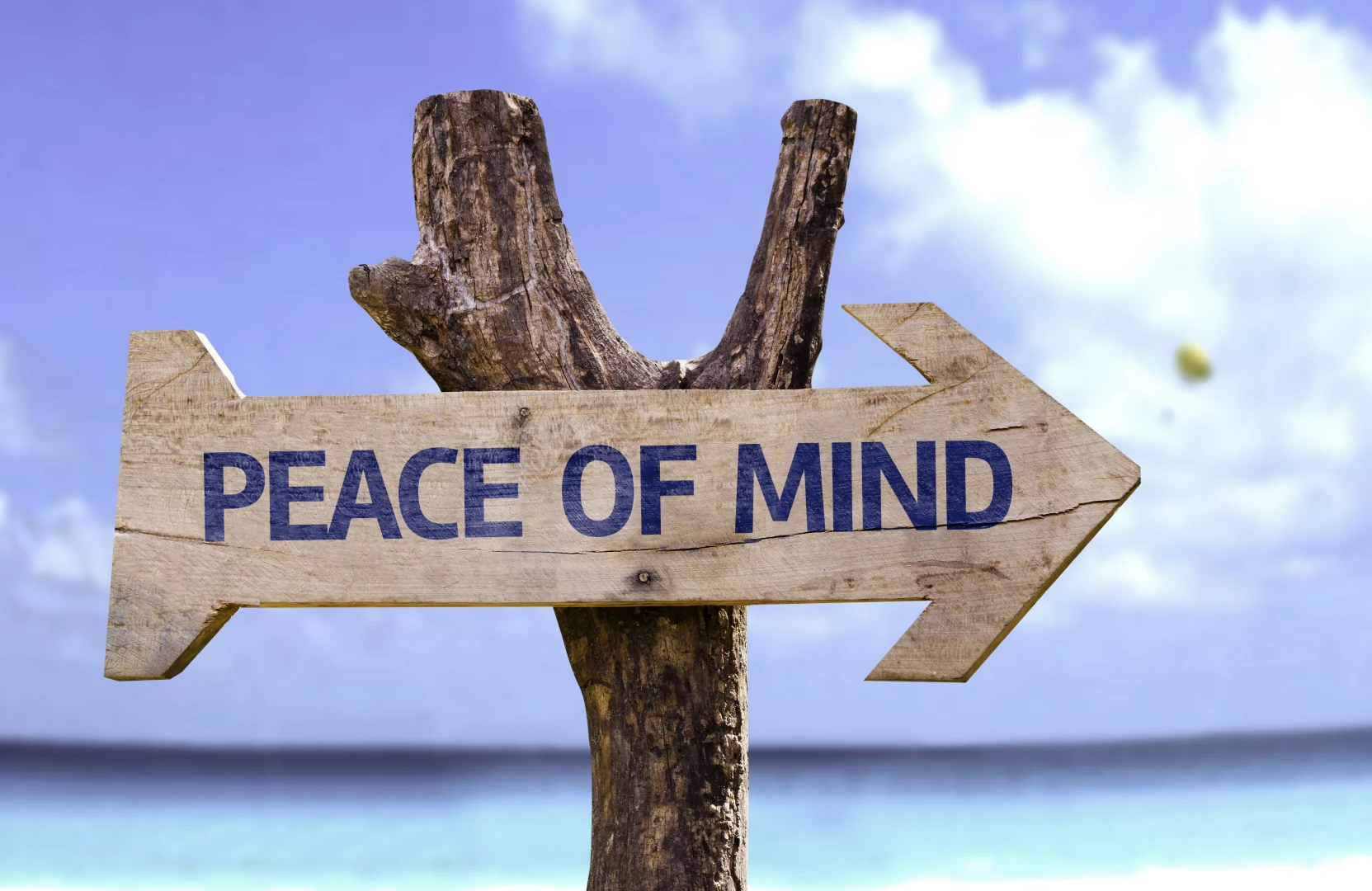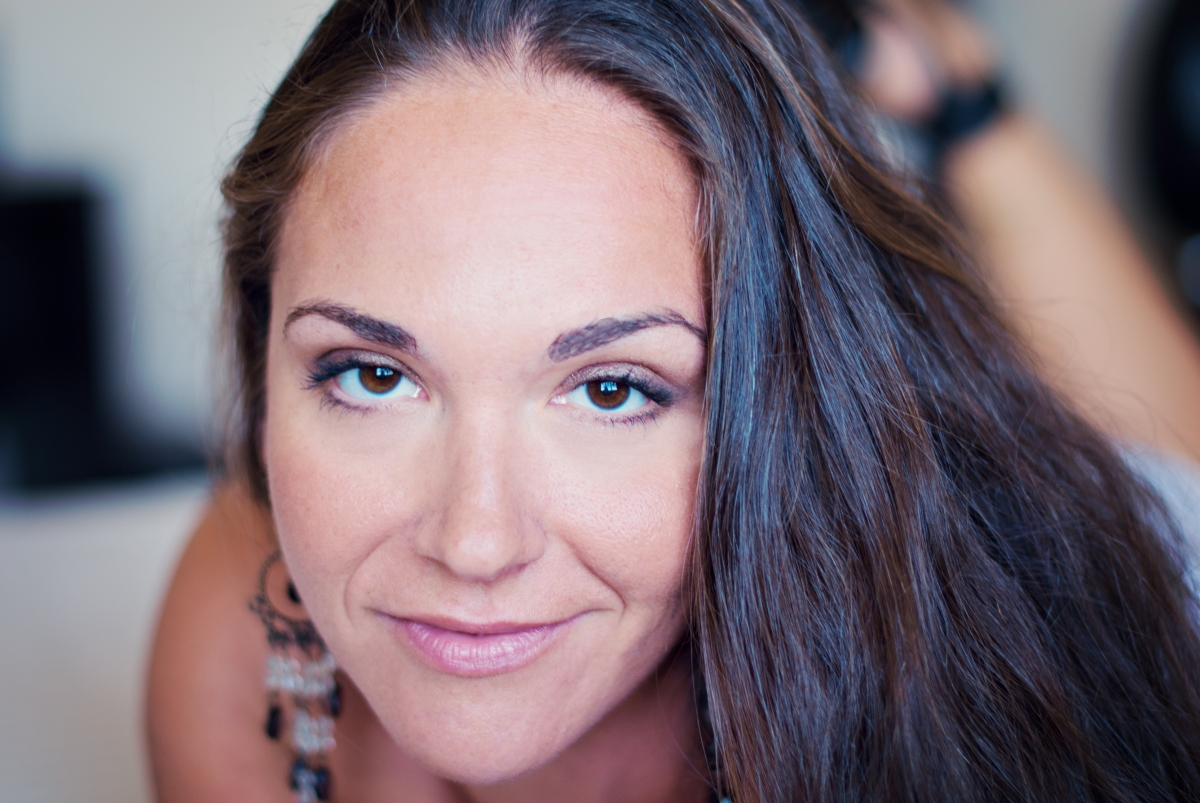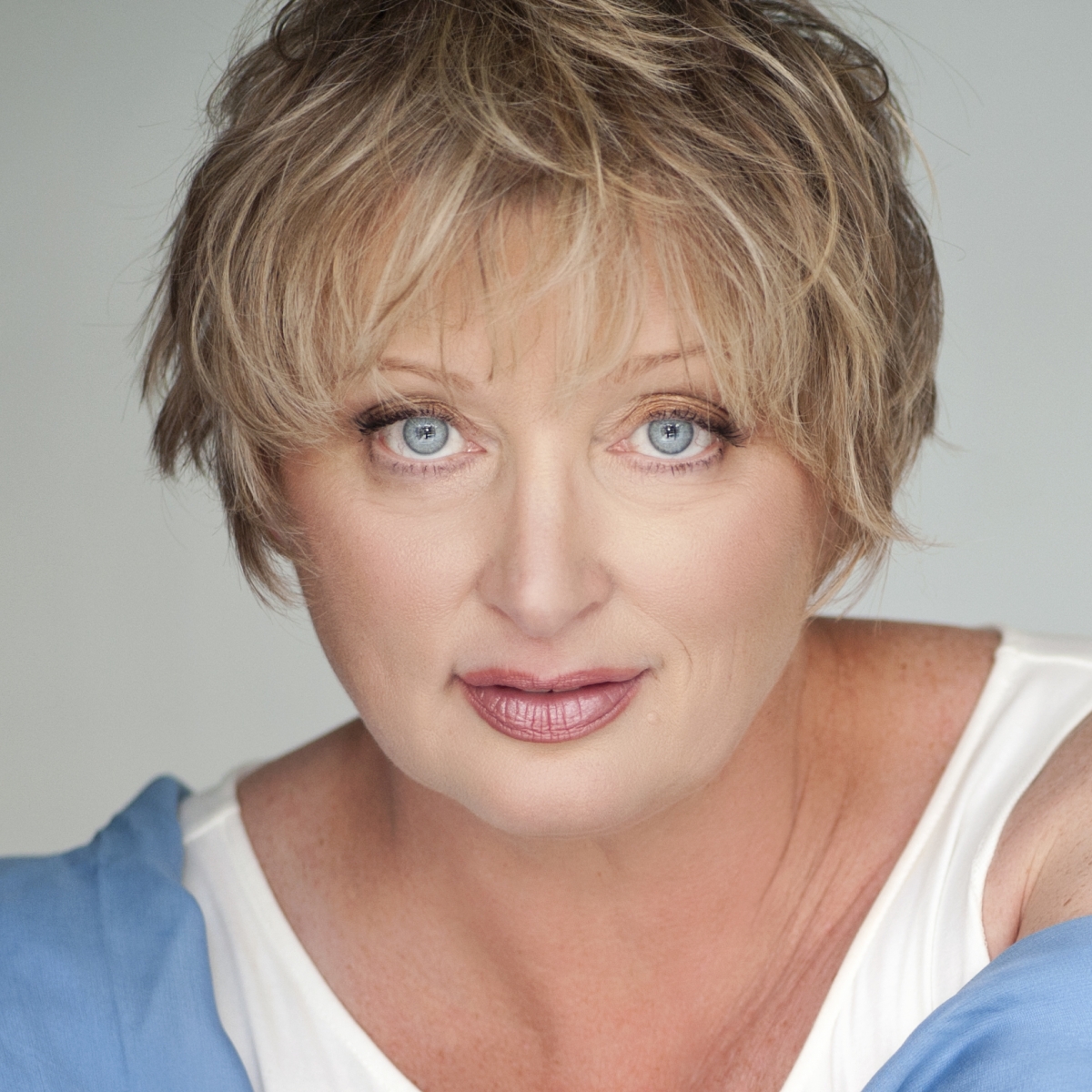Talking Sex with Kids: Useful Tips from a Tantric Perspective

Jamie Shane, Tantric yoga teacher based in Naples, Florida, wants her young daughter to have terrific sex.
When she’s old enough, of course.
The problem is, Shane said, parents spend too much time talking about the “don’ts.” Don’t get pregnant. Don’t get an STD. And don’t unless you love a person.
“When we frame these conversations in the ‘don’t perspective,’ we’re creating fear as well as an enticement to experiment in our children,” Shane said.
“Then we lose our power as parents,” she said.
Instead, Shane suggests, have the conversation from a supportive, intelligent and enlightening perspective.
“I understand my daughter is eventually going to have sex, and I want her to do it well, healthfully and lovingly,” Shane said.
But how do you talk about it? Here’s a frank Q&A with Jamie Shane:
Q. When is the right age to have ‘The Sex Conversation’?
JS:The ages of one through five are for pouring in the love and information. It’s when kids are sponges and, energetically, developing their senses of security and self-worth.
Between the ages of six and seven, parents will begin to see the assertion of a personality. Kids and their behavior are beginning to declare, “This is who I am.”
You’ll see that kids are no longer reflecting their parents’ personalities but taking the information you’ve been teaching them and using it as they see fit.
Age nine. Yes, nine. It is just prior to your kids’ sexual maturation while they are beginning to pay attention to sexualized images in the media environment. It’s everywhere, and it’s loaded with mixed messages.
Sex is portrayed as both bad and delightful at the same time. It’s essential for parents to be parents on this one.
Q. What if a child asks about where babies come from earlier than that age?
JS:Mommy’s body was the garden, and Daddy’s was the seed. It’s a good enough answer for now.
Q. So, my child is nine. Now what?
JS:First, choose a location that is media free. It should feel familiar, comfortable and safe. In such moments, I grab my daughter’s hands, and that is her signal to tune in. An important conversation is about to happen.
Q. What do I say?
JS:Tell your child why you are having the conversation. “I’m going to talk to you about this because I want your sexuality to be healthy.”
Begin with the physical act of creating life. Talk about penises, vaginas, eggs, the whole physicality of the act including the pleasure sensations. But, follow up with how the act is not really a physical one. It’s an emotional one.
From a Tantric perspective, it is essential that kids understand there is power in the act beyond the act itself. Kids need to know there is an energy exchange, and, during sex, you create space for that other person in your field. You are giving away love and power unconsciously. It is a sacred and intimate space.
Girls, in particular, need to know how much they take on and carry around with them after a sexual encounter. The act of sex (that includes blow jobs) is hardly temporary, and another person’s energy lingers with you. Kids must know that.
Q. Is the conversation different for boys and girls?
 JS:Absolutely, because the negative stereotypes for boys need to be dispelled. Boys are trained to just stick it somewhere, but they have to know that sex makes them just as vulnerable as girls. The socialization is for men to compartmentalize and for women to choose. This conversation can end that.
JS:Absolutely, because the negative stereotypes for boys need to be dispelled. Boys are trained to just stick it somewhere, but they have to know that sex makes them just as vulnerable as girls. The socialization is for men to compartmentalize and for women to choose. This conversation can end that.
Given how boys are encouraged to think of sex, your conversation must be about respecting women and the sacred duty to honor anyone they are with. Frankly, it is easier for girls to connect to the sacred because they are more emotional.
You also have to talk about assessing potential partners. If your child is clear on the point that sex equals love, your child must be prepared for the possibility that someone else isn’t on the same page.
Q. What if I find out that my child is starting a relationship?
JS:As soon as I hear my child talking about another child with an unusual intensity and emotion, I’ll directly ask her about her feelings. It’s important to stay away from fearful judgments.
I’ll say, “I noticed you two seem close.”
So, like I monitor schoolwork, I’ll keep an eye on the relationship. And I won’t be afraid to ask if any nakedness has gotten down.
Q. When is an appropriate age for kids to begin exploration?
JS:We don’t like to think so, but that is ultimately up to the child. But parents need to be prepared for some polarity play in the lives of their children by age 14. It’s in line with their biology, and the beginning of high school tends to be a natural breakaway point from parents to peers.
Q. What if I suspect that my child is already having sex?
JS:Hopefully, you’ve had the age nine conversation. It’s time for the follow-up.
I would say this: “It looks like the two of you have become close, and your relationship is becoming sexual. I trust you to honor yourself and to honor your body. I’m trusting you that you can say no. I’m trusting you that you can say yes when you are ready. I’m going to trust everything we’ve learned together.”
And then I’ll let my child continue her relationship with the world that’s a healthy and loving one.
Tantra is understanding how polarity plays together to find source unity. It is using our opposite to find a merging, or a sense of wholeness, with ourselves through the other. Tantra exists beyond sexuality as a method of creating deep connectedness with all of creation.
What’s most important is that I remain an approachable authority while giving her responsibility for her own decisions. I’ll go with her to purchase condoms, and I’ll stand behind her while she pays for them with her own money. I have to be confident that she can go out in the world and handle herself. When the shit hits the fan, I’ll be there.
Granted the sex conversation is an awkward one, but it isn’t the only one where Tantra is in play. Throughout my daughter’s young life, I’ve taught her that there is less separation between her and the world than she realizes and how important it is to treat all people with love and respect. We are careful of labeling people as “others.” This impacts more conversations than the sex one.
To learn more about Jamie Shane, visit www.JamieShane.com.
 Nancy B. Loughlin is based in SW Florida. As a writer, she explores yoga, meditation, green living, sustainability and all things funky. As a certified yoga teacher, her practice is dedicated to working with incarcerated children and helping people recover from trauma and PTSD. She’s always interested in applying yogic thinking to wild life experiences including marathons, mountain climbing, and skydiving. Visit her website www.NamasteNancy.com or Twitter @NancyLoughlin.
Nancy B. Loughlin is based in SW Florida. As a writer, she explores yoga, meditation, green living, sustainability and all things funky. As a certified yoga teacher, her practice is dedicated to working with incarcerated children and helping people recover from trauma and PTSD. She’s always interested in applying yogic thinking to wild life experiences including marathons, mountain climbing, and skydiving. Visit her website www.NamasteNancy.com or Twitter @NancyLoughlin.



